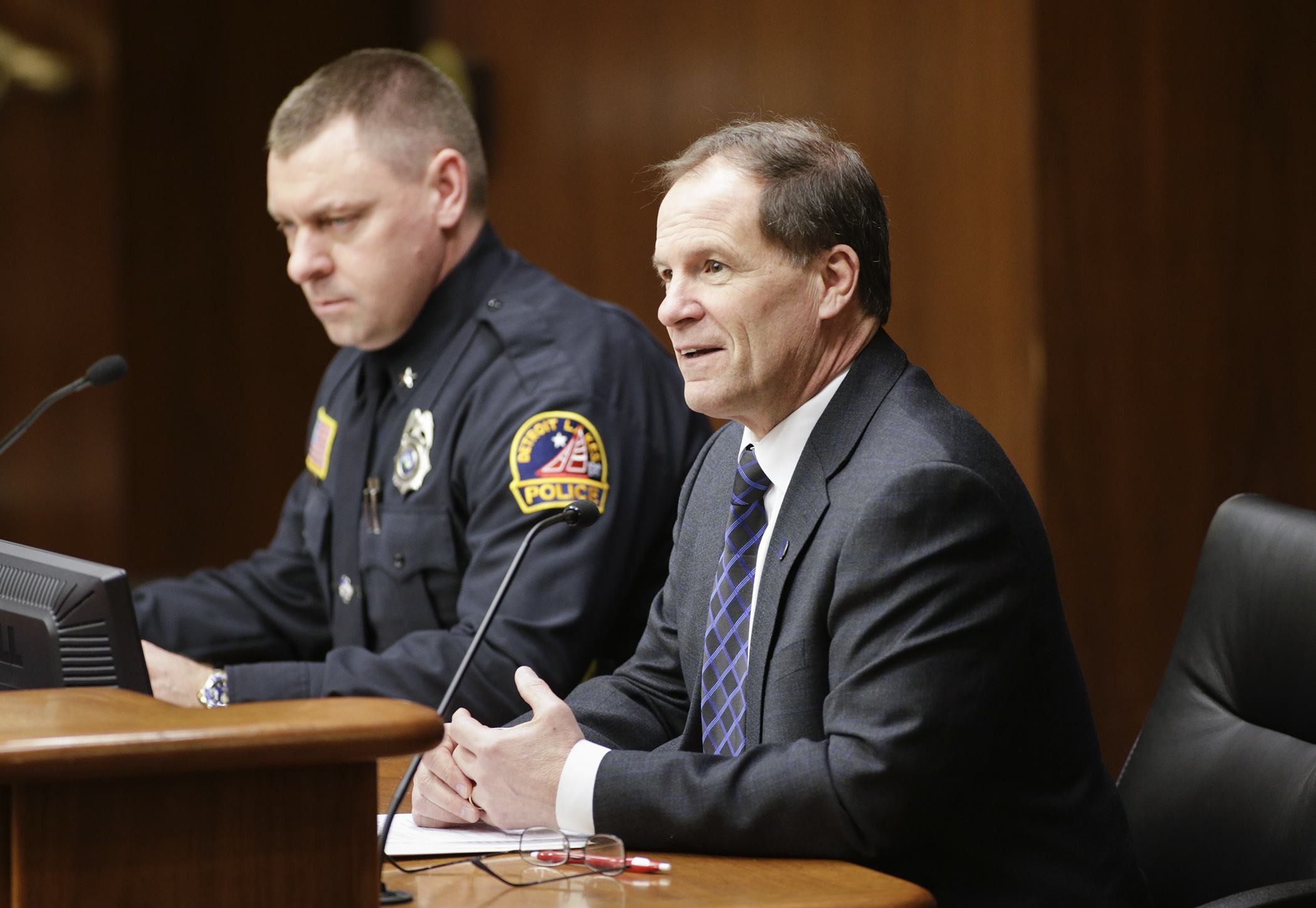Local governments queue up to request tax increases

Are municipal governments in Minnesota allowed to impose their own sales taxes? The state’s constitution says no – unless they have a special tax for their municipality signed into law.
That process starts with getting such tax increases – which must be very specific about their uses — approved by voters in a local election. Then House and Senate members sponsor bills authorizing the tax. In the House, the next stop on the journey this session is a meeting of the House Property and Local Tax Division, and that’s what transpired for 17 cities, towns and suburbs on Monday.
Between the afternoon and evening meetings, testimony is scheduled to be presented about bills designed to raise local sales taxes in 10 municipalities; lodging taxes in four more cities and Lake County; and food and beverage taxes in North Mankato. Another would change what project a Cloquet sales tax would fund. All 17 bills are to be laid over by the division for possible inclusion in the omnibus tax bill.
So why must cities and towns go to the Legislature with such requests? It’s an upshot of the 1971 tax reform legislation that’s come to be called “the Minnesota Miracle.” The state began appropriating aid to local governments, but prohibited such governments from assessing their own sales taxes – except when they received special approval from the state.
In 1997, model statutory language made such special local taxes simpler and more consistent, adding in 1999 the need for voter approval in a local referendum and clarifying in 2011 that the referendum has to come first.
The 11 sales tax bills laid over on Monday include a request to raise Duluth’s existing local sales tax to 1.5 percent, the highest local sales tax in the state. West St. Paul and Excelsior would become the first Twin Cities suburbs with their own local option sales tax if their requests for (up to) 0.5 percent sales taxes are approved. And Sauk Centre’s 0.5 percent request is accompanied by a $20 per vehicle excise tax.
Municipalities offer pitches for local lodging taxes
Unlike local sales taxes, no referendum is needed for a local lodging tax. Under state law, cities and towns may impose up to a 3 percent tax on short-term lodging, provided that 95 percent of the revenue is used for tourism promotion. They can also add special lodging taxes on top of that tax or in place of it.
At Monday’s meetings, five municipalities and one county (Lake) presented bills to increase lodging taxes. Among them were bills that would allow Minneapolis’ rate to increase by 0.875 percent and St. Paul to increase its tax from 6 percent to 7 percent. Each change would affect only facilities with 50 or more rooms.
And North Mankato would impose a 1 percent food and beverage tax under another bill laid over.
Each of the 17 bills has a companion that awaits action by the Senate Taxes Committee.
Related Articles
Search Session Daily
Advanced Search OptionsPriority Dailies
Ways and Means Committee OKs proposed $512 million supplemental budget on party-line vote
By Mike Cook Meeting more needs or fiscal irresponsibility is one way to sum up the differences among the two parties on a supplemental spending package a year after a $72 billion state budg...
Meeting more needs or fiscal irresponsibility is one way to sum up the differences among the two parties on a supplemental spending package a year after a $72 billion state budg...
Minnesota’s projected budget surplus balloons to $3.7 billion, but fiscal pressure still looms
By Rob Hubbard Just as Minnesota has experienced a warmer winter than usual, so has the state’s budget outlook warmed over the past few months.
On Thursday, Minnesota Management and Budget...
Just as Minnesota has experienced a warmer winter than usual, so has the state’s budget outlook warmed over the past few months.
On Thursday, Minnesota Management and Budget...